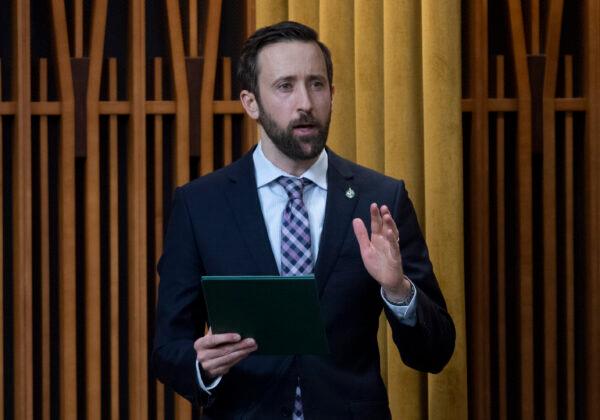Derek Sloan says there are pluses and minuses to being an independent MP, but on the whole he has accomplished much more sitting as an independent than when he was part of a political party. And with a possible election on the horizon, he says he will run again and thinks he has a good chance of being elected as an independent.
“We’ve been able to vote against certain legislation that no one else was willing to. We’ve been able to ask questions in the House of Commons on subjects that no one else was wishing to,” Sloan told The Epoch Times. “And when I say we, I just mean myself and my few staff.”






